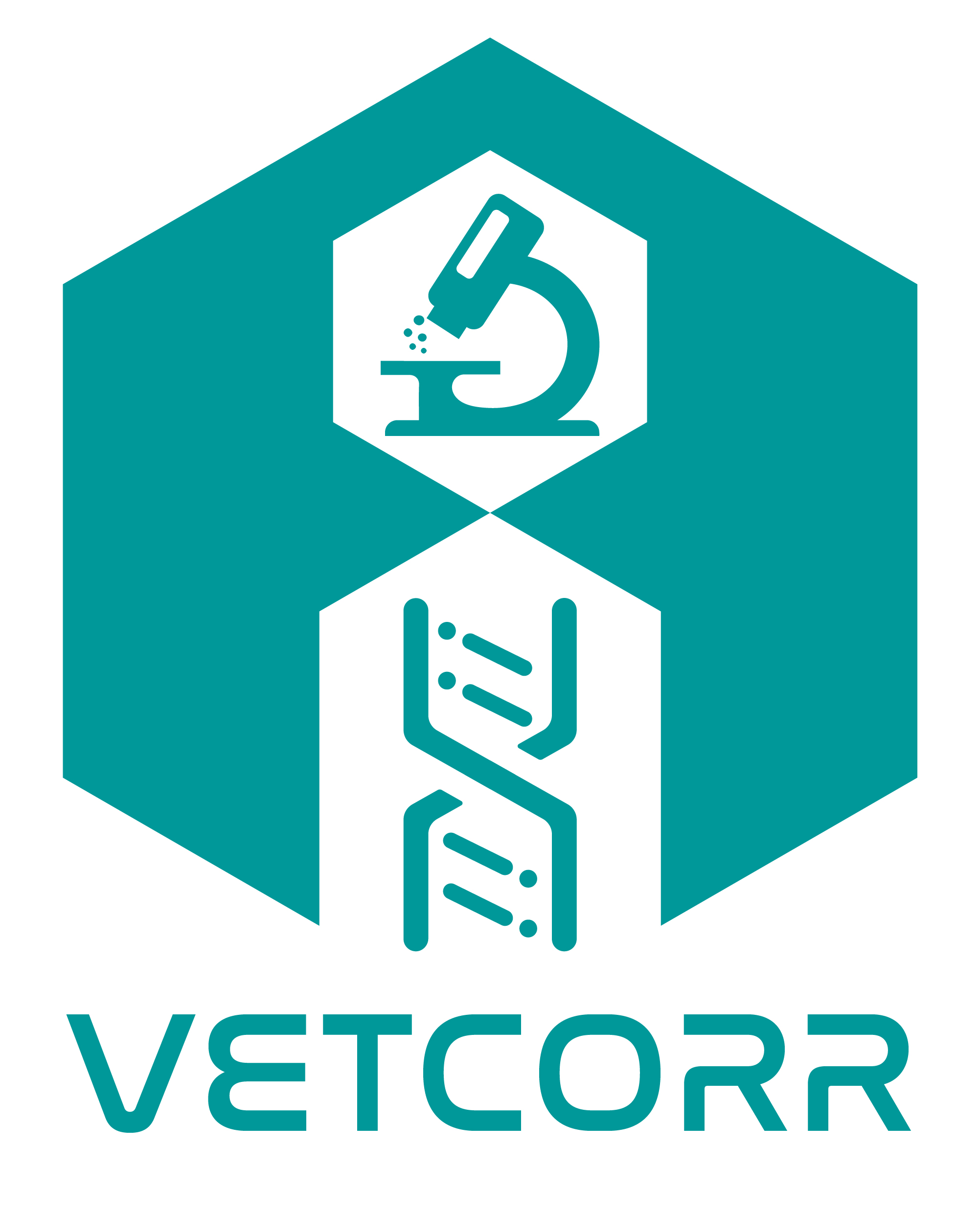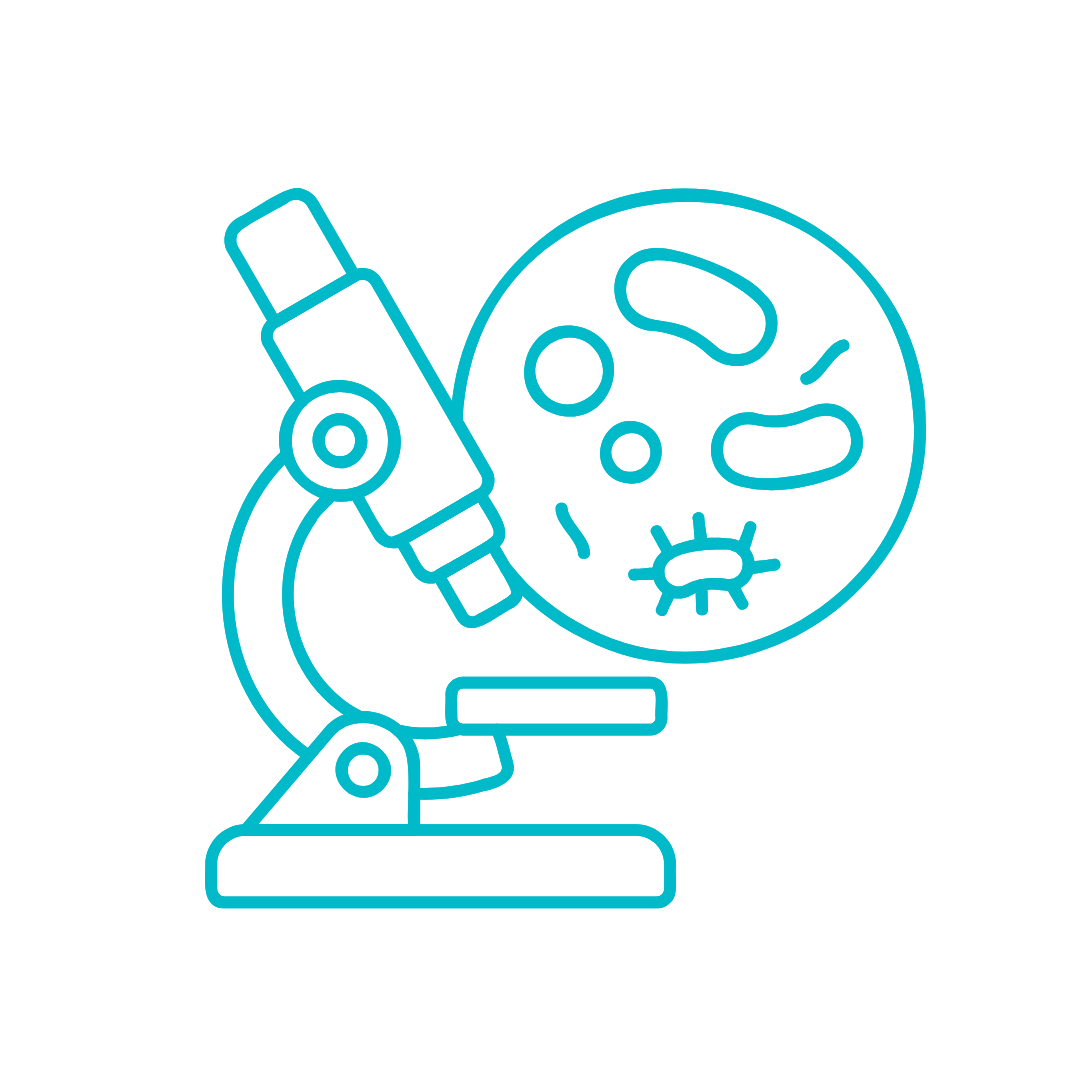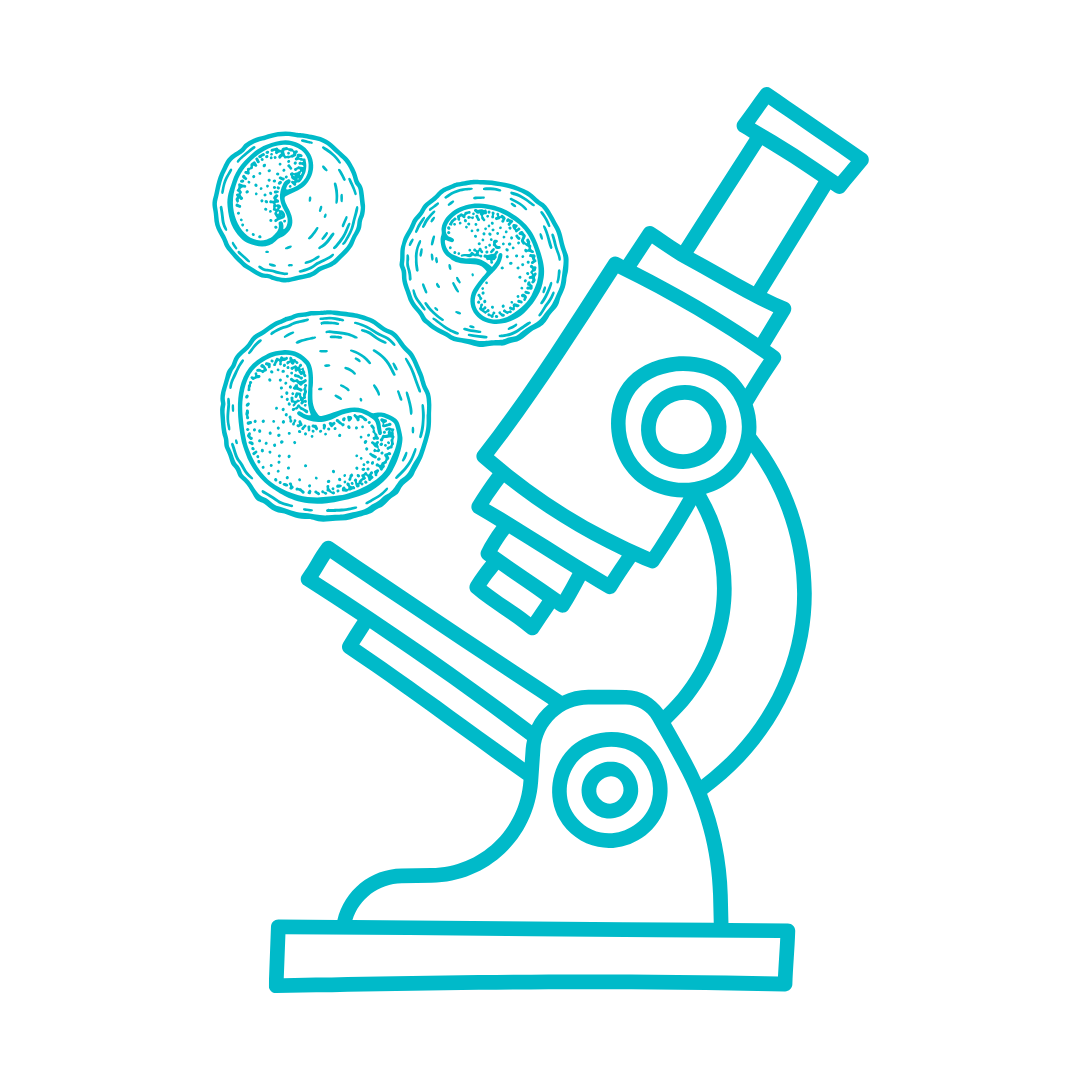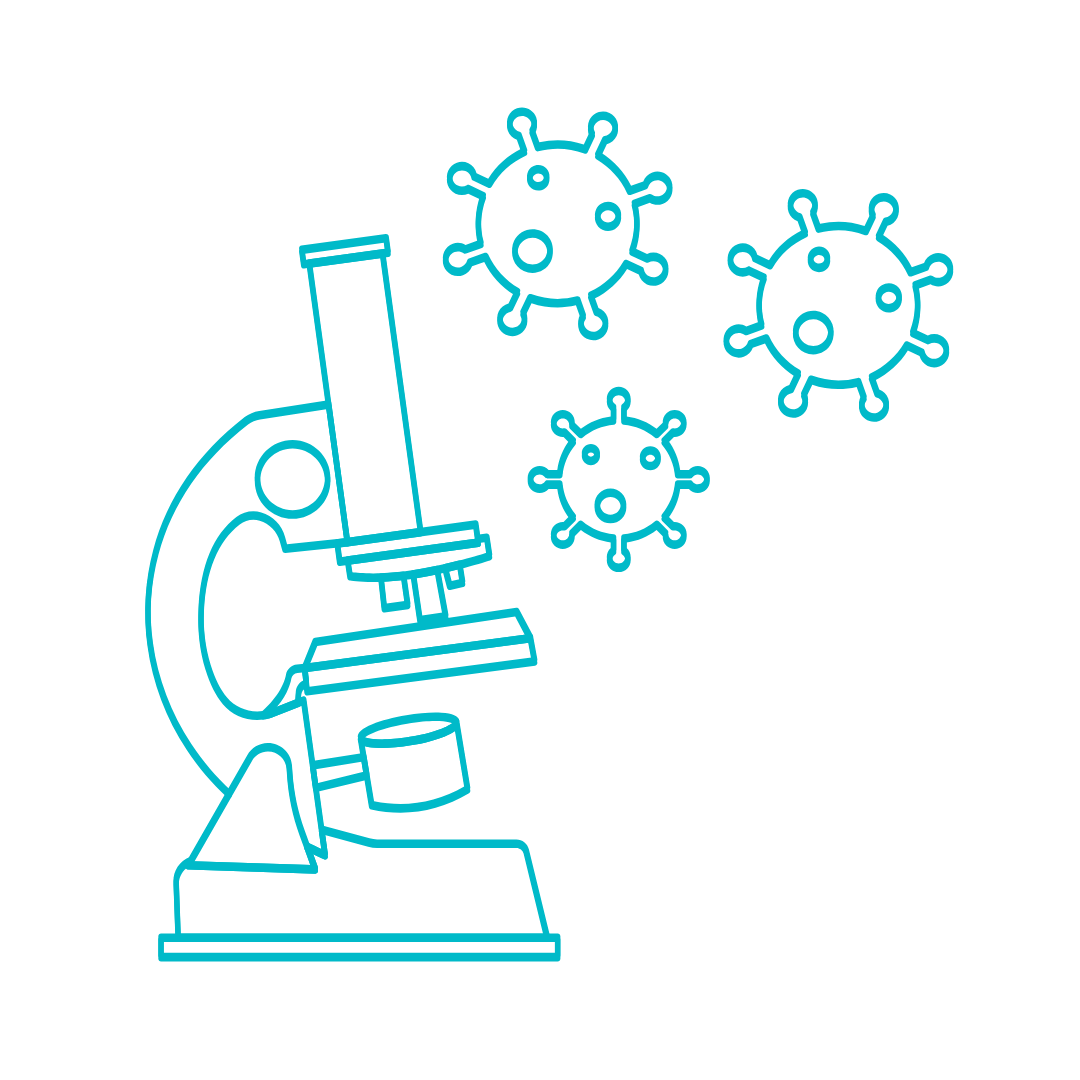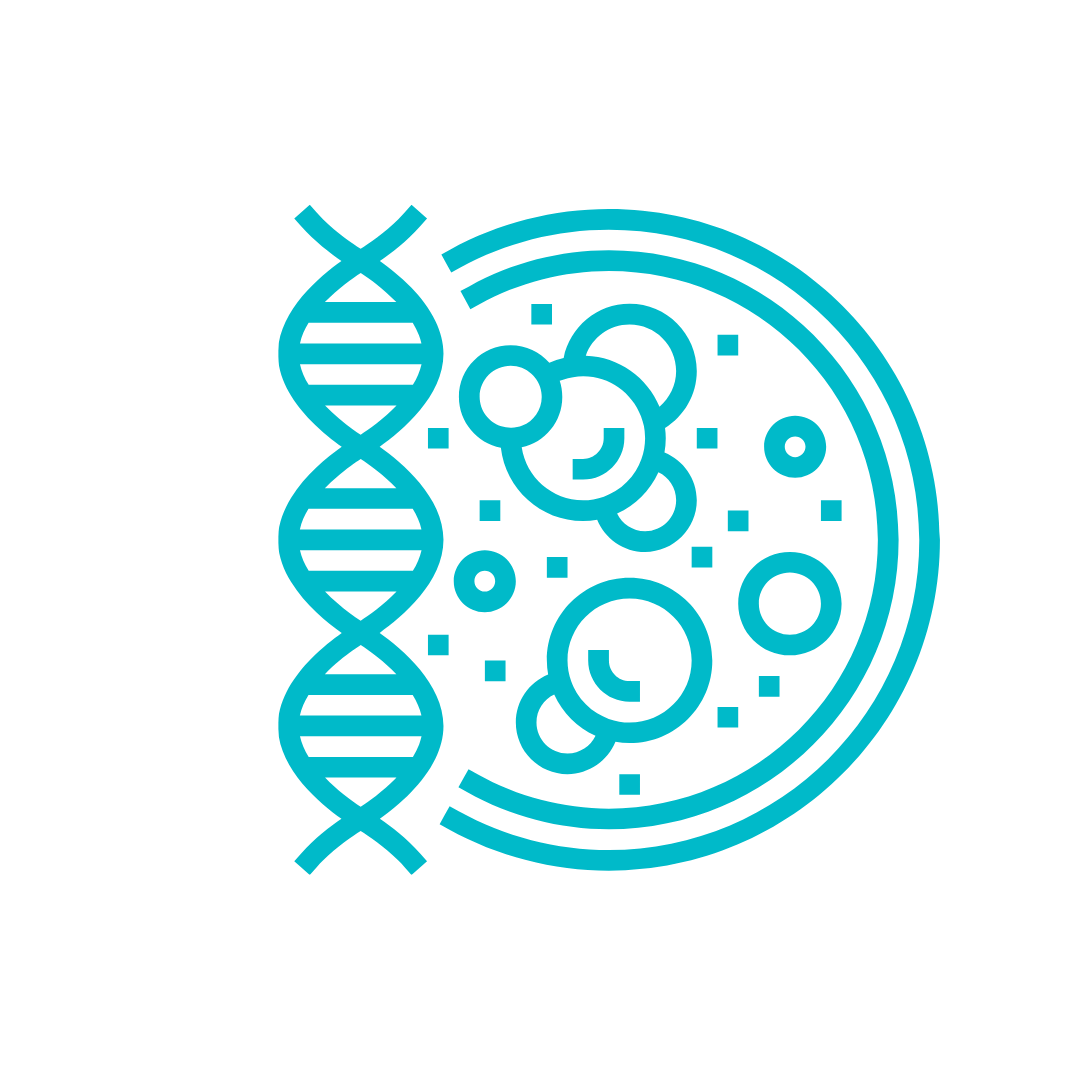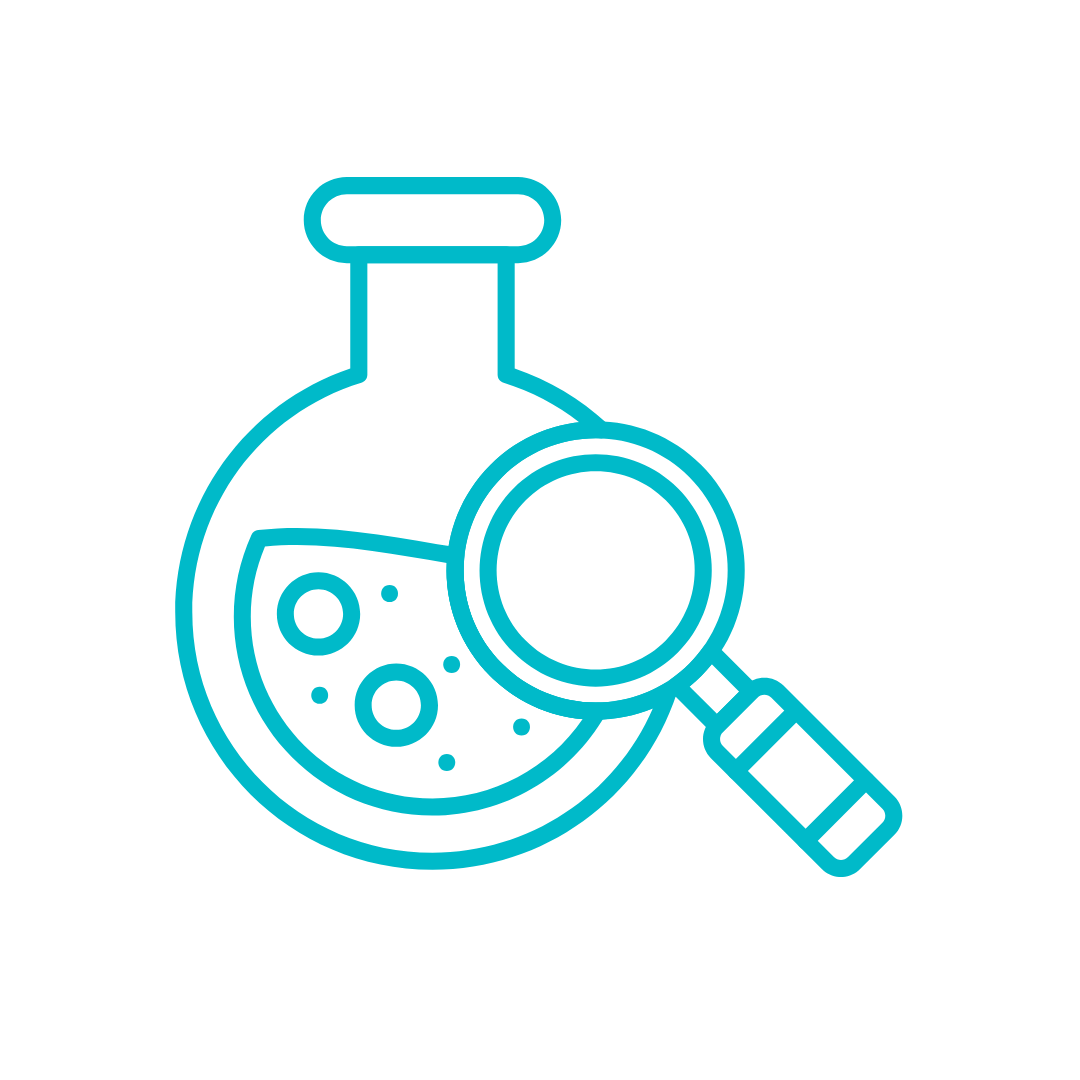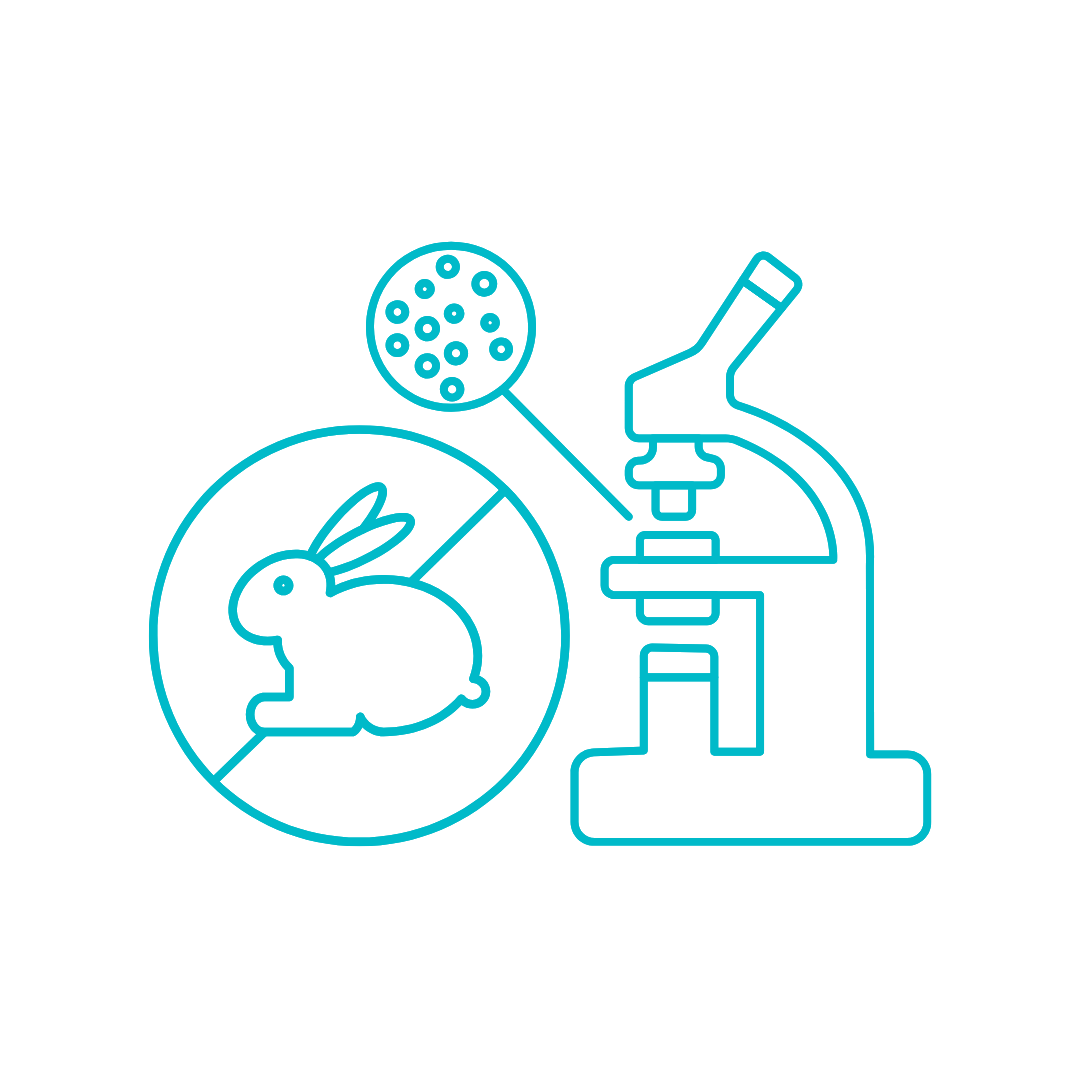Clinical pathology is the branch of pathology that deals with the diagnosis of disease through the laboratory analysis of bodily fluids, such as blood, urine, and other specimens.
Histopathology is the study of tissue samples under a microscope to diagnose diseases, especially cancer, by examining cell structure and abnormalities.
Microbiology services involve the identification and analysis of microorganisms to diagnose infections, monitor hygiene, and ensure safety in healthcare, food, and environmental settings.
Molecular biology services focus on analyzing genetic material (DNA, RNA) to study gene expression, mutations, and hereditary conditions.
Serology services involve testing blood samples to detect antibodies or antigens, helping diagnose infections, autoimmune diseases, and immune status.
Hematology and biochemistry services for pets involve analyzing blood samples to assess overall health, detect infections, anemia, and organ function.
Chemical analysis of feed and water involves testing for contaminants, nutrients, and toxins to ensure safety and quality for animals and human consumption.
Environmental monitoring involves tracking and assessing environmental parameters such as air, water, soil quality, and biodiversity to detect pollution and ensure ecosystem health.
Animal house-based in vivo studies involve conducting scientific experiments on live animals in controlled environments to observe biological processes and test treatments.
